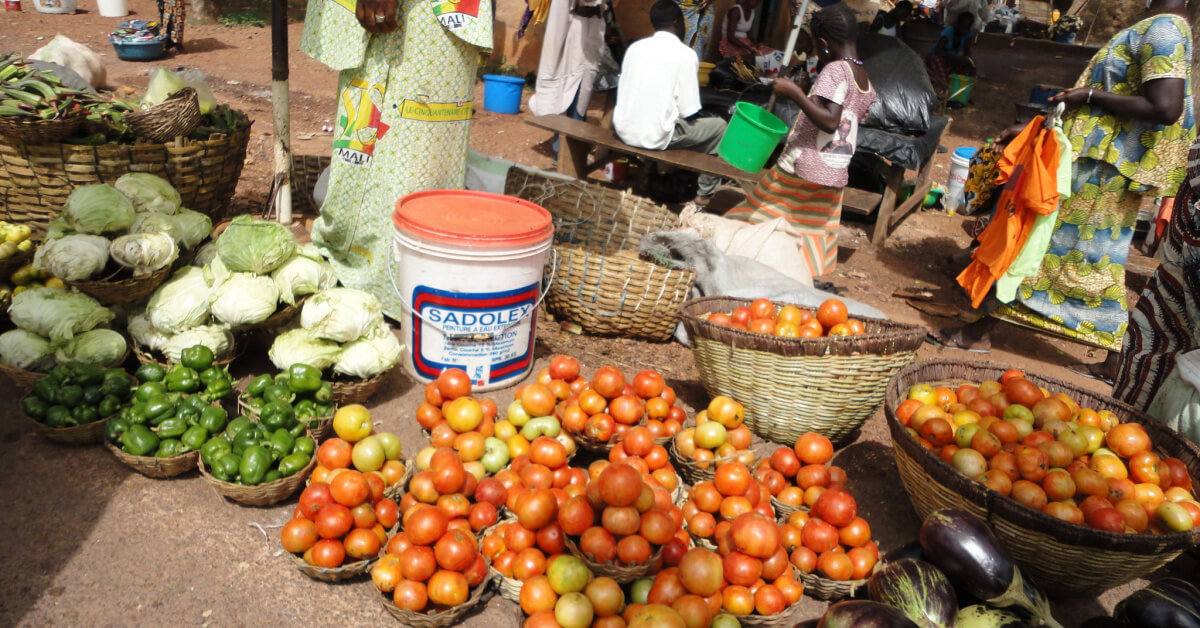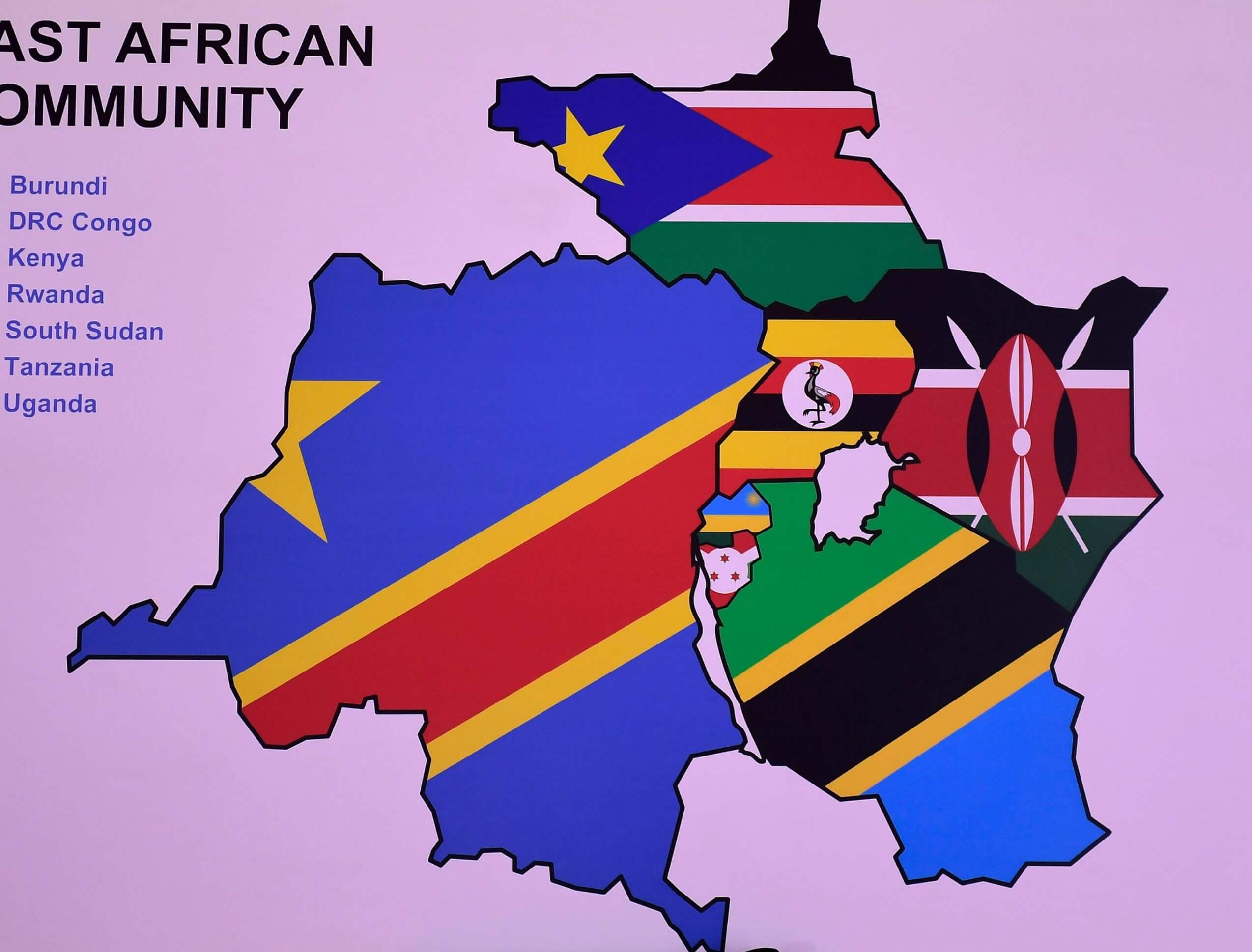East African Community (EAC) partner states are racing to meet the deadline to sign and ratify a regional agreement on double taxation. This is aimed at reducing double charges on exports and imports, which have been a significant barrier to cross-border investment flows.
According to Dr Pantaleo Joseph Kessy, the principal economist at the EAC Secretariat, during the webinar to harmonise taxes in the East African region, it was revealed that all member countries are required to sign the EAC agreement on Double Taxation by the end of the year.
The ratification marks progress towards EAC’s ambitious plan of harmonising all taxes by 2024 and establishing a single currency by 2031.
Double Tax Agreements (DTAs) are designed to ensure that individuals who reside in one country but earn income in another are not subject to double taxation, where they would otherwise be taxed in both countries for the same income.

The double tax treaty plays a crucial role in promoting international trade and investment.
By eliminating double taxation and reducing the risk of tax evasion and avoidance, these treaties help create a level playing field for businesses and ensure that individuals are not unfairly burdened with excessive taxation.
EAC agreement
The EAC agreement on the avoidance of double taxes was signed in November 2010, and was first ratified by Uganda and Rwanda.
However, some other partner states, including Kenya, Burundi, and Tanzania, were hesitant to ratify the same due to fears of revenue loss and tax evasion. By December 2022, only Tanzania was yet to ratify.
Mr John Bosco Kalisa, the chief executive officer of the East African Business Council, said: “Double Tax Agreements are very important in the region as they promote cross-border investment through minimising tax obstacles among the treaty countries.”
DTAs not only eliminate the issue of double taxation, but also serve as a means of protecting investments against non-commercial risks.
These risks include situations where a foreign government may seize assets, nationalise industries, or even create restrictions on transfer of income and profits from different traders and businesses.
The ratification of this agreement is crucial for EAC member states seeking to attract foreign investments.

The EAC Council of Ministers has provided a roadmap that requires ratification of the agreement by all partner states by 2025, Kalisa noted: “The involvement of the private sector is very critical.”
Since one of the partner states involved in the DTAs did not ratify the agreement within the agreed timeline, according to Mr Kessy, Uganda has missed out on the benefits of the DTA, including reduction of double taxation for individuals and businesses.
However, Tanzania is now ready to ratify the agreement.
To address the delay, Dr Kessy revealed that other partner states involved in the DTA have agreed to back date the provisions of the agreement to cover the period that has elapsed since the original timeline.
Source: Daily Monitor






